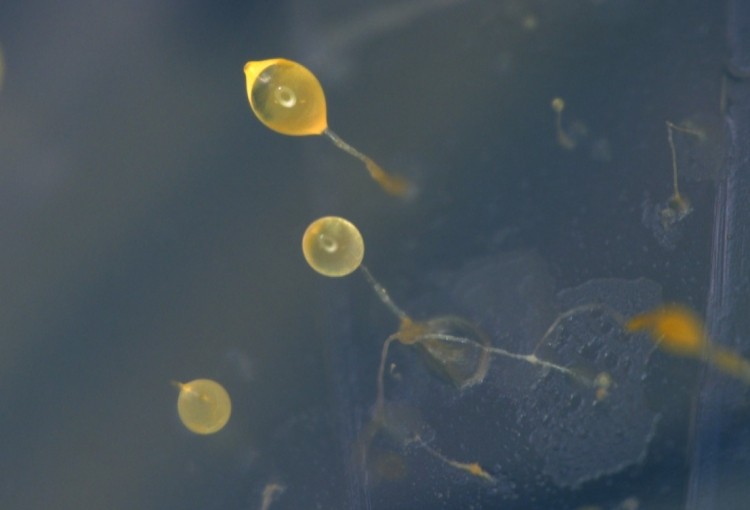Scientists outline cost effective amoeba-based production of supplement bioactives

Writing in Nature Biotechnology, the team identifies the bioactives as polyketides, structurally and functionally diverse natural products, derived mainly from bacteria, fungi and plants.
Their wide range of bioactivities has led to several applications in the food and pharmaceutical industry. Polyketides, which include plant-derived polyphenols such as resveratrol or taxifolin, are used as dietary supplements.
“One promising candidate is the amoeba Dictyostelium discoideum, which already possesses numerous biosynthetic genes for the production of natural products such as polyketides,” says first author Christin Reimer.
"Taking a closer look at the genes, we noticed that some show a high similarity to plant biosynthetic genes."
THC precursor
The researchers from Leibniz Institute for Natural Product Research and Infection Biology also detail the amoeba’s ability to produce a tetrahydrocannabinol (THC) precursor, Olivetolic acid.
The medical use of this psychoactive substance includes relief for patients with neurological diseases and pain, among other things.
To test how well D. discoideum was suited as an organism for biotechnological production, the researchers first had the amoeba produce the food supplement resveratrol, also a polyketide.
Afterwards they incorporated the plant enzyme that produces the tetrahydrocannabinol (THC) precursor olivetolic acid into the amoeba's genome.
However, the addition of chemical precursors was still necessary to enable the synthesis. To avoid this, the researchers took advantage of the amoeba's natural properties and combined the plant enzyme with an amoebic enzyme.
"The amoeba is able to produce the required precursor, a hexane unit, directly on site," says Falk Hillmann, head of the junior research group "Evolution of Microbial Interactions" at Leibniz-HKI and co-leader of the study.
Thus, the research team succeeded in producing a functional inter-kingdom hybrid enzyme that produces olivetolic acid without any further additives.
"Through our research, we have shown that the amoeba Dictyostelium can be used as a biotechnological production platform for polyketide-based natural products," adds Reimer.
"Our next goal is to insert the two enzymes that are still missing in order to be able to produce the final product THC in the amoebae," Hillmann says.
E. coli & S. cerevisiae
Currently, bacteria such as Escherichia coli or the yeast Saccharomyces cerevisiae are used to synthesise THC but neither of them are native producers of natural products. In addition, a large number of genetic modifications are needed to enable the synthesis.
In a recent study, a team reconstructed the entire cannabinoid biosynthetic route in S. cerevisiae, whereby the final cannabinoid formation was achieved by introducing the metabolic pathways to supply the precursors hexanoyl-CoA and geranyl pyrophosphate.
Source: Nat Biotechnol
Published online: doi.org/10.1038/s41587-021-01143-8
“Engineering the amoeba Dictyostelium discoideum for biosynthesis of a cannabinoid precursor and other polyketides.”
Authors: Reimer, C., Kufs, J.E., Rautschek, J. et al.















